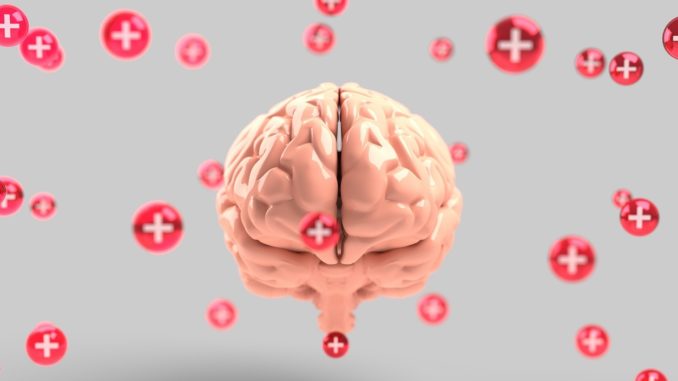
By Health Assured CEO and wellbeing expert, David Price
All employers are aware of the importance of first aid. The Health and Safety (First Aid) Regulations 1981 make it a requirement to provide equipment, facilities and personnel.
The Health and Safety Executive will prosecute, if there is persistent poor compliance with this law. It’s serious—literally deadly serious—and applies to all workplaces.
But what about mental health?
The HSE updated its first aid guidance in November 2018. It now states that companies should think of “ways to manage mental ill health in your workplace which are appropriate for your business”.
This can include using employee assistance programmes, employing dedicated occupational health staff, training managers to spot and support issues—and appointing mental health first aiders.
While you’re not legally required to do so, it’s worth remembering that one in four people experience mental health issues during their lifetime. Stress, depression and anxiety are responsible for 15.4 million lost working days a year.
So how can a mental health first aider help?
Mental health first aid is the equivalent of physical first aid, but for mental health issues. The training provided by Mental Health First Aid England raises employees’ awareness of ill-health conditions, such as depression, anxiety, eating disorders, psychosis and bipolar disorder. This training also gives a better understanding of where to find information and professional support.
This is invaluable in the workplace. Too often, people suffering mental ill-health are silent, meaning their issues worsen and absences are common. When you have a trained mental health first aider in the office, problems can be spotted and dealt with compassionately sooner.
Directing someone with a problem to the right services, so they can get the right help, will reduce sickness absence and boost productivity.
So, while you don’t legally need a mental health first aider in your office, it’s strongly advised to make sure you do have at least one. Everyone benefits when mental health is discussed and supported in the open.
Don’t forget to follow Dealer Support on Twitter!

Be the first to comment